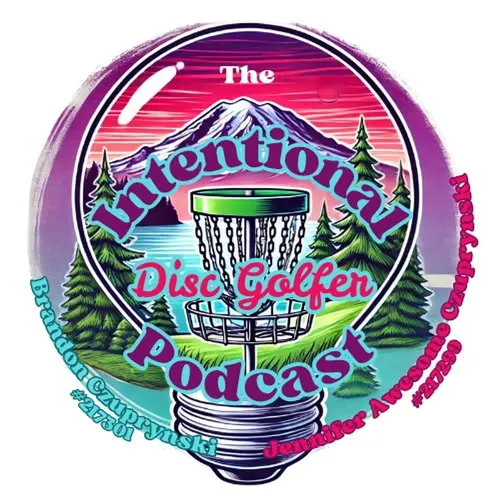The Art and Science of Bringing New Life to Degraded Disc Golf Courses
- Author
- The Czuprynski Family
- Published
- Sun 23 Mar 2025
- Episode Link
- None
What happens when a professional agroecologist with a passion for disc golf decides to tackle a deteriorating course? The answer is a revolutionary approach to course restoration that could change how we think about disc golf sustainability nationwide.
Kris Pendleton, project lead for the NAD Restoration Project, joins us to share how his team is transforming the Naval Ammunition Depot Park disc golf course in Washington through ecological principles and community engagement. With an estimated 40,000 rounds played annually, NAD Park was showing clear signs of degradation—exposed roots, compacted soil, and eroding fairways. Rather than accepting this as inevitable, Pendleton saw an opportunity.
Through creative applications of mulching, pathway development, and native plantings, the NAD Rangers are demonstrating how courses can actually improve with use rather than deteriorate. Their approach goes beyond simple maintenance to incorporate wildlife habitat, artistic elements, and educational opportunities. Most remarkably, they've achieved all this without municipal funding, instead leveraging community partnerships, volunteer labor, and innovative fundraising.
The implications reach far beyond a single course. As disc golf explodes in popularity—with over 500 new municipal courses added nationwide last year alone—the need for sustainable approaches to course design and maintenance has never been greater. The NAD Restoration Project offers a blueprint that other communities can adapt, potentially transforming how we think about our relationship with disc golf courses everywhere.
Whether you're a course manager, club leader, or simply a player who loves beautiful courses, this conversation will change how you see the ground beneath your feet on your next round. The future of disc golf isn't just about playing courses—it's about becoming stewards of these special places.
Disc Golf Changes Lives <3
To support this podcast or arrange for an interview please contact us at [email protected]
